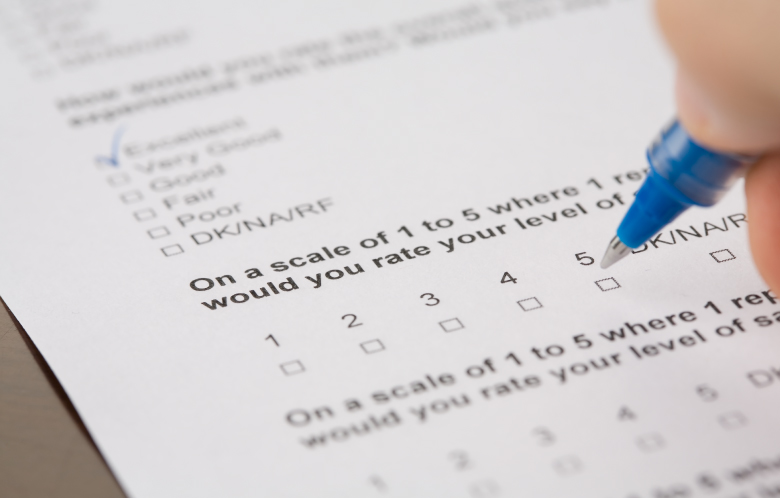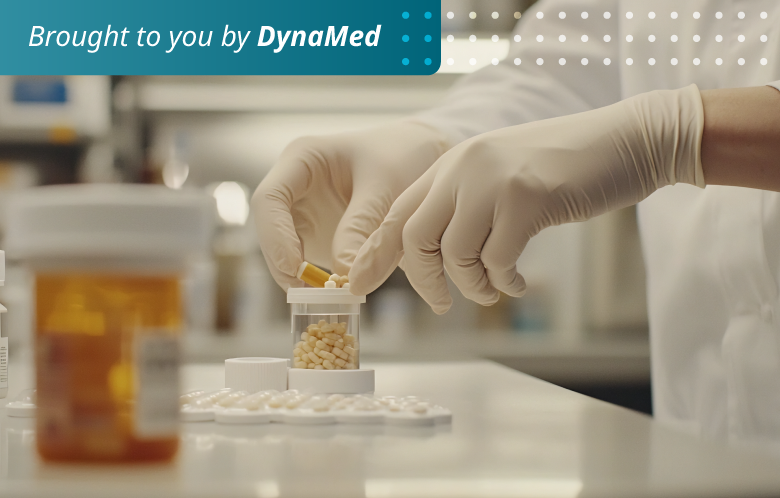Practice Point: The GLP-1 agonist semaglutide is reported to significantly reduce alcohol use in a randomized trial of adults with alcohol use disorder but without diabetes.
EBM Pearl: RCTs without a believable control group lead to less believable outcomes.
Diabetes control and weight loss aside, GLP-1 agonists (GLP-1s) have been observed to have a wide variety of seemingly miraculous effects on behavior, including reduced rates of cannabis and tobacco use as well as reduced rates of opioid overdose and suicide. But one of the problems with observational studies, of course, is confounders. Is the drug having a direct effect, or are people just thrilled to be losing weight? Is there something about GLP-1 induced nausea that is leading to this change, or is it truly affecting areas of the brain responsible for controlling reward and motivation? The relationship between GLP-1s and reduced alcohol consumption and craving took a step from association towards causation with the publication in JAMA of a phase 2 randomized trial studying the link in people with a BMI of 23 or higher and heavy drinking.
Phase 2 trials are generally smaller and a little looser in protocol, as was this study with 24 patients in each arm and an inactive placebo. The study participants all met criteria for alcohol use disorder, and none had diabetes. Half the participants were given low-dose semaglutide (0.25 mg/week for four weeks followed by 0.5 mg/week for another four weeks), and the other half were given a placebo injection for nine weeks.
The unconventional but pragmatic primary study outcome was labelled as “laboratory alcohol self-administration” and consisted of estimating voluntary alcohol consumption and ability to delay drinking in participants who had been abstinent from alcohol in the prior 24 hours (and asked not to eat for four hours). In this setting, participants were offered their preferred brand of drink and a small monetary reward if they refrained from drinking for up to 50 minutes. Participants also kept standard diaries detailing how much alcohol they consumed each day as well as how many days per week they consumed alcohol.
Results showed a significant and dose-dependent drop in the amount of alcohol consumed at the follow-up “laboratory self-administration test” along with a reduction in diary-reported alcohol bingeing and total volume of alcohol consumed per week but there was no reduction in the total number of days per week. Secondary outcomes observed in the semaglutide group were a lower number of cigarettes smoked among the roughly 25 percent that smoked, and of course, weight loss.
There are problems with this study: the placebo was problematic (see next paragraph), the study sample was quite small and comprised only of participants motivated to respond to ads (raising concern for adherence bias), and some participants didn’t drink at all during the self-administration tests and were excluded from parts of the analysis. All these issues potentially skew the outcome data toward a larger benefit than we might see with real-world use. However, if we think of phase 2 trials as “proof of concept,” this study was a fabulous success.
We consider a randomized controlled trial as one of the most powerful pieces of evidence for demonstrating causality. Randomization, when performed well, identifies two groups that will have similar prognostic outcomes if there is no intervention. Blinding of the control group is almost as important as randomization. If you have an intervention arm wherein it is obvious that one group is getting treatment and the other is not (as we had here - the semaglutide patients had much higher rates of weight loss, nausea, anorexia, and other mild side effects than the placebo group), it isn’t really a blinded control. And if there isn’t a meaningfully blinded control, then the study data are less meaningful. Aside from noting in the conclusion section that semaglutide might have the potential to be a treatment for alcohol use disorder without “stigma” as other treatments, we will simply say that while semaglutide might curb all sorts of cravings, it’s not proven yet for alcohol use disorder.
Reference: JAMA Psychiatry. 2025 Feb 12 early online



